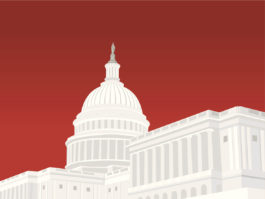The Senate has released its proposed Phase III coronavirus economic stimulus proposal on March 19, 2020. There are a significant number of proposals that are in the process of being negotiated. One area that seems to be supported by both parties is the Small Business Interruption (SBI) Loan program administered through the Small Business Administration (SBA).
This portion of the bill is designed to help small to medium sized businesses by expanding the benefits offered under the SBA 7(a) Loan Program. Typically, these loans are only eligible for small businesses with gross receipts of $750,000 or less. The CARES Act lifts this limit and instead opens this program up to any business that has 500 or fewer employees during the period March 1, 2020 through December 31, 2020.
You can apply for a loan with any qualified SBA lending institution. A summary of the program is as follows:
Availability – Loans will be immediately available upon passage of the law through existing SBA certified lenders. This includes banks and credit unions.
Maximum loan amount – The loan available is the lesser of 4 times your total monthly payments for payroll, mortgage payments, rent payments, and any other debt payments incurred during the 1-year period before the date on which the SBI loan is made or $10,000,000, whichever is less.
Use of loan proceeds – The loans can be used for payroll support, including paid sick, medical or family leave, and costs related to the continuation of group health care benefits during those periods of leave. Other uses are employee salaries, mortgage payments, rent, utilities, and other debt obligations defined above.
Conditions – Businesses must retain their employees and payroll levels during the covered period, which would be March 1, 2020 through June 30, 2020.
Benefits – The portion of the loan to cover payroll and payments on pre-existing debt would be forgiven, with certain limitations.
These loans are essentially a government funded working capital line of credit. Payments on the portion of the loan not forgiven will be deferred for 1-year and will not have prepayment penalties. It appears the portion of the loan forgiven will be taxable income to the borrower. That’s how the Senate version of the bill reads and we assume that won’t change.
We will continue to bring more information to you on this program and the CARES Act as soon as it’s available.
By Barton Haag, CPA





